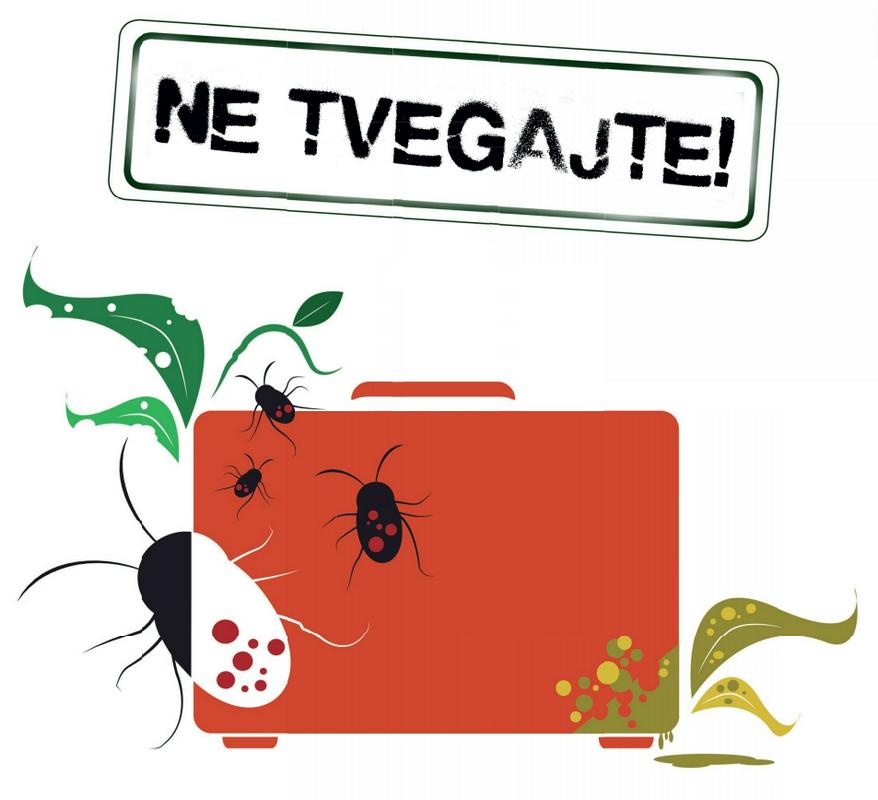
The Administration for Food Safety, Veterinary and Plant Protection has said that tourists should be aware that importing roots and tubers from exotic countries could harm local flora.
New pests are being introduced into Slovenia via imports from exotic countries. Local plants can contract diseases from viruses, fungi, and bacteria, but pests, e.g. insects or mites, can also damage them. Moreover, a number of human diseases can spread via global air travel.
In collaboration with the European Plant Protection Organisation and the national chapter of the European Food Safety Authority, the Administration for Food Safety, Veterinary and Plant Protection has recently released information sheets on how to prevent the spread of invasive species. Even small items such as flowers and plants can carry invasive pests and diseases.
Slovenia has recently joined other European countries in the fight against invasive species. In Southern Italy, an invasive bacterium has destroyed dozens of groves of olive trees. The Administration for Food Safety, Veterinary and Plant Protection wants to prevent a similar scenario from happening in Slovenia.
“Plants imported from other continents can can carry exotic diseases and pests that could pose a risk to the local environment. Many invasive species don't have any natural enemies in their new territory. Therefore, their populations can grow out of control and cause great economic damage. Sometimes, a few infected fruits or twigs are enough to introduce an invasive species into a new area,” the Administration for Food Safety, Veterinary and Plant Protection said.
G. C.; translated by D. V.

































































